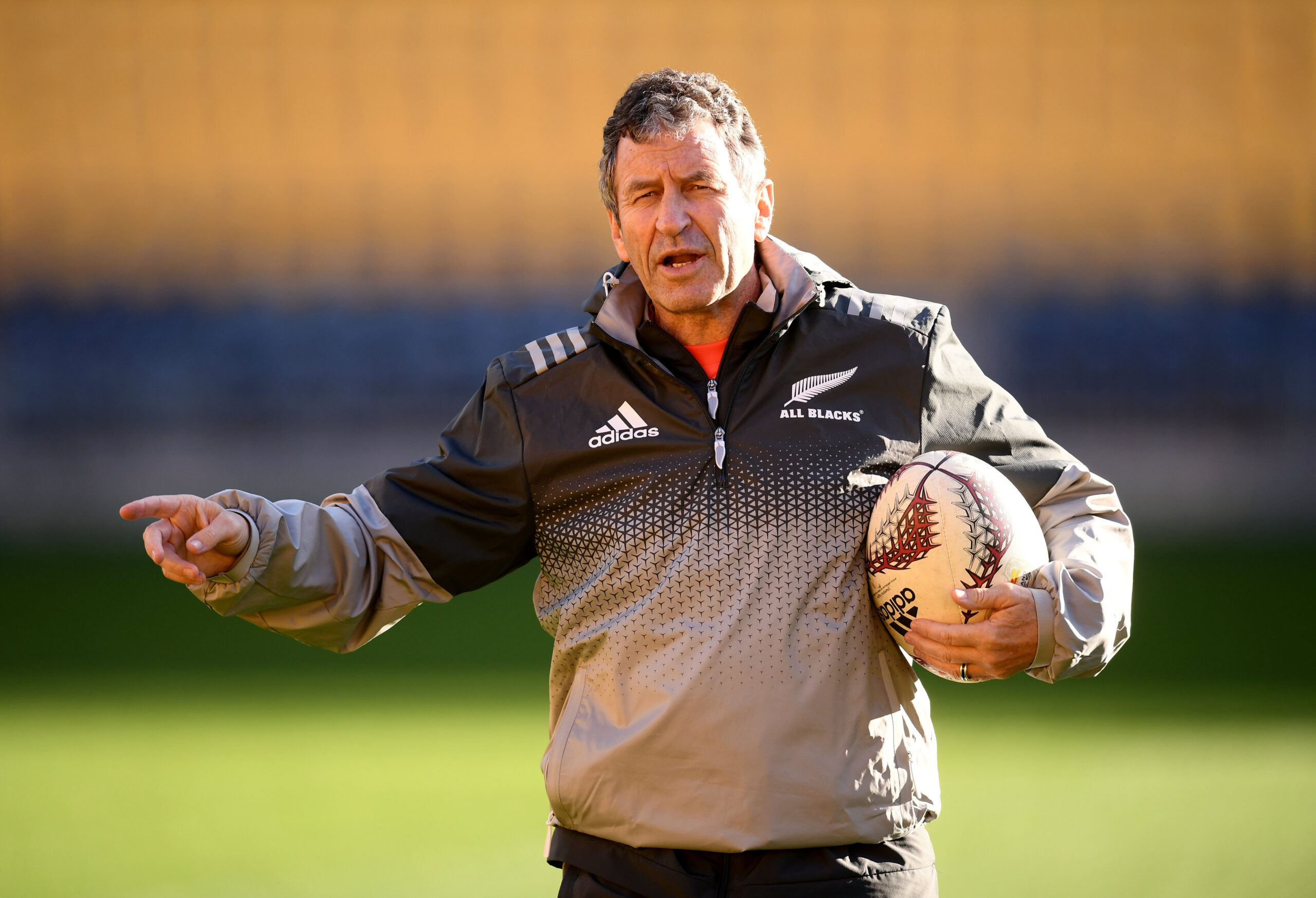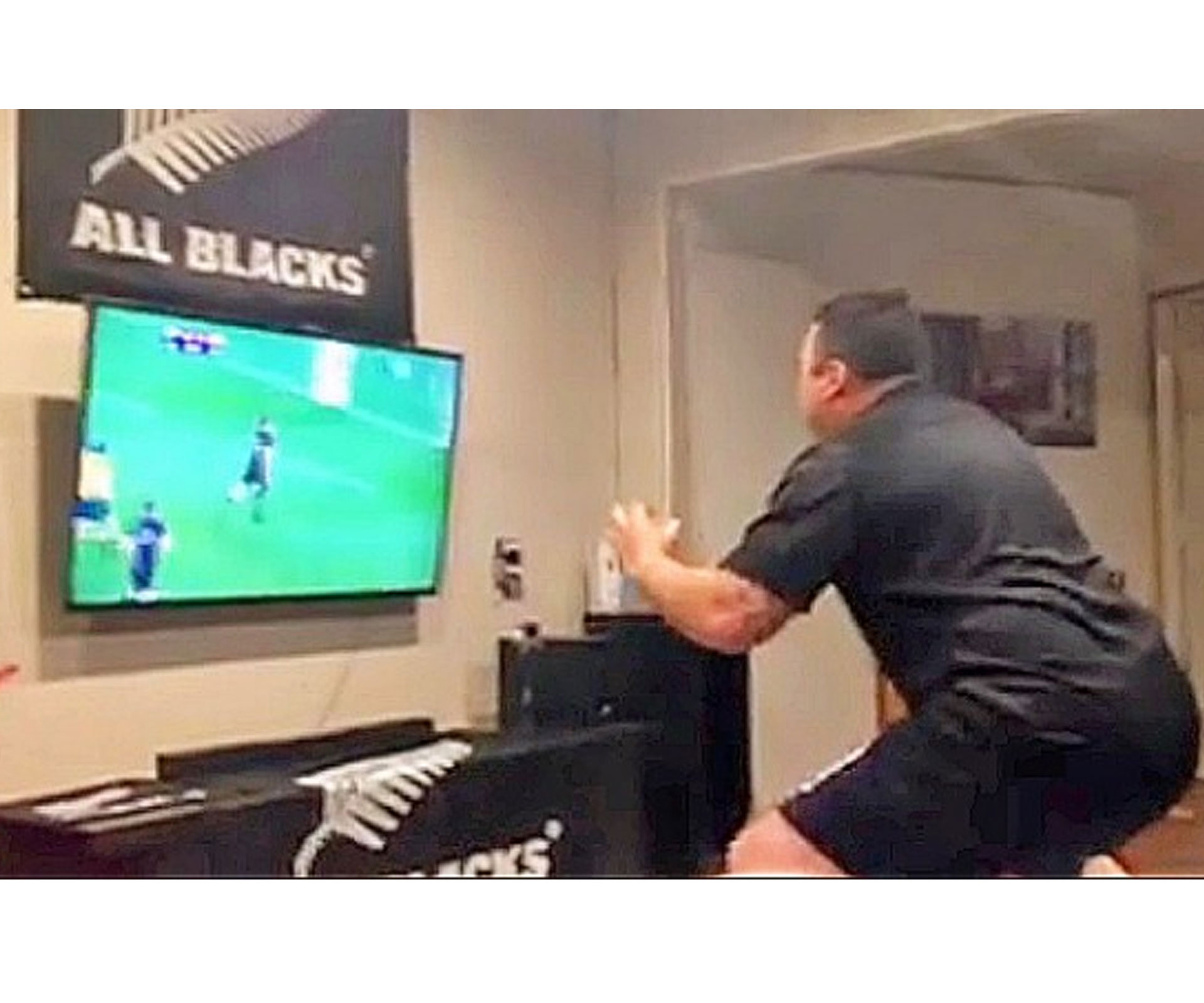Former All Blacks assistant coach Wayne Smith has revealed that he battled prostate cancer last year.
Smith did not attend the New Zealand Rugby Awards to accept the Steinlager Salver, due to having his prostate removed just three days before.
Smith, 60, ended his involvement with the All Blacks after 20 years in October last year.

Wayne Smith.
Smith shared his story with Fairfax in order to raise awareness to prostate cancer.
Smith told Fairfax that he was aware of his cancer throughout the end of The Rugby Championship in October, after an MRI scan “showed up some tumours.”
“Through the Rugby Championship I knew I had it, but I didn’t really talk to anyone (inside the All Blacks). The only one was the team doctor, Tony Page, and I didn’t even tell him,” Smith said.
“The results took a week to come through, and I was starting to picture, ‘Jeez, are there that many on the screen that they’re still counting them? Have I got it everywhere?’ Then the text came through: ‘You’re all clear, apart from the prostate.’ It was as simple as that. The relief was enormous.”
Last Wednesday Smith found out by his surgeon that there was no sign of any cells left behind, meaning he was most likely cured.
According to Stuff Smith was happy to reveal his experience with prostate cancer in the hope it “might encourage guys in their 50s to go and get the tests, and get a marker. It doesn’t mean you’ve got it, but if it is there, you can fix it.”
Prevention and symptoms of prostate cancer
The prostate is a male-only organ located immediately below the bladder and just in front of the bowel. It is usual for the prostate to become enlarged as men age, but if you have any of the following symptoms it may indicate prostate cancer:
— Waking frequently at night to urinate
— Sudden or urgent need to urinate
— Difficulty in starting to urinate
— Slow flow of urine and difficulty in stopping
— Discomfort when urinating
— Painful ejaculation
— Blood in the urine or semen
— Decrease in libido (sex urge)
— Reduced ability to get an erection
For more information, contact the Prostate Cancer Foundation of New Zealand on 0800 477 678 or visit their website www.prostate.org.nz

-scaled.jpg)
